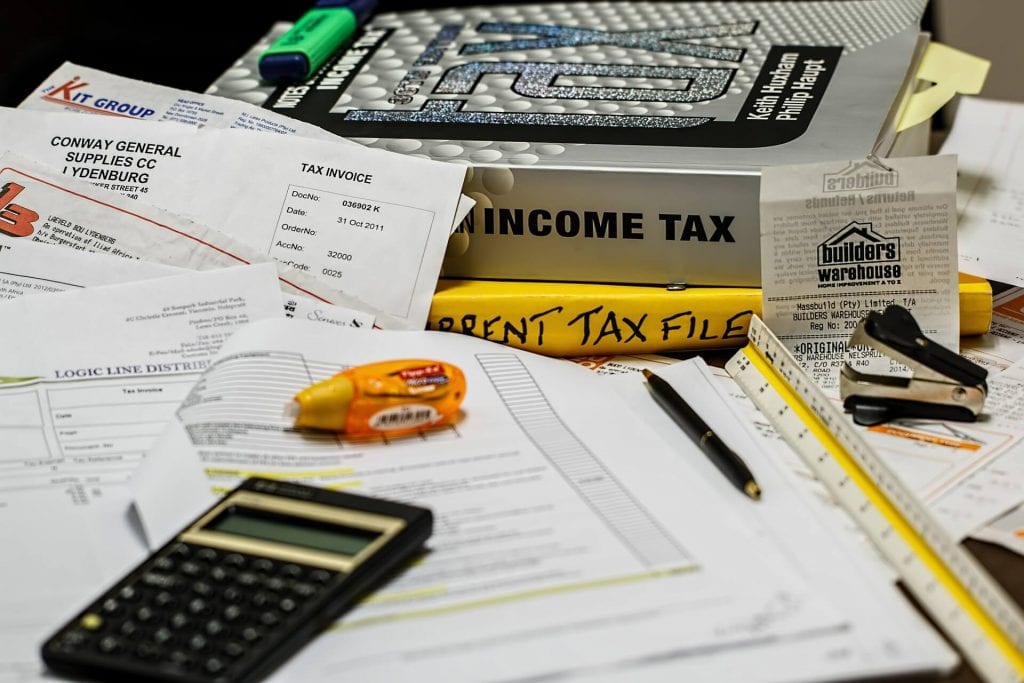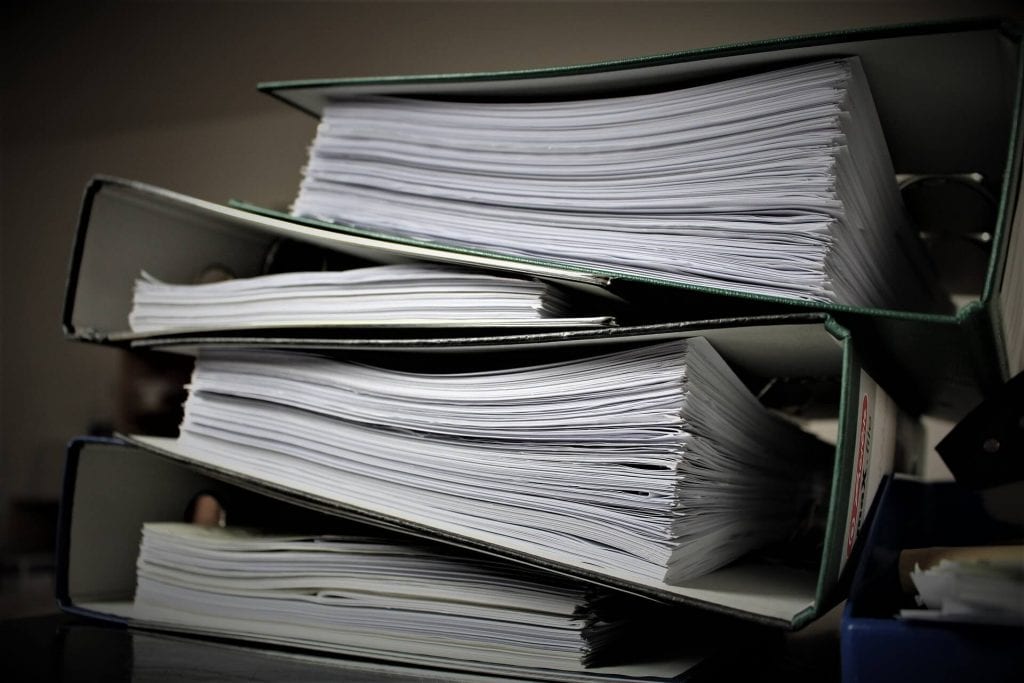Bearing in mind our recent post about furlough fraud, the chances are that there’s more than a few people who will be facing an HMRC inquiry in the coming months.
What do you do next?
The brown envelope is sitting on your desk and the letter inside has just informed you that you’re the subject of an HMRC tax inquiry. The chances are the bottom may have just fallen out of your stomach and you may be tempted by all sorts of reactions which may or may not include run, hide, falsify or ignore.
Resist the temptation, swallow hard and phone a well-chosen accountant. Ignoring (or worse still falsifying) documentation, correspondence or requests for information at this stage is only going to make matters a lot worse. But with a firm and informed hand at the helm, it is possible to survive a tax investigation.

Stay Calm
There may be all sorts of reasons why you’ve been chosen for an inquiry and the tax investigators may or may not have evidence on which they’ve decided to act. A few tax inquiries are simply randomly selected. Or it could just be that HMRC don’t understand something or there is an anomaly in your tax returns.
Whilst you certainly cannot afford to ignore a tax inquiry, a considered and careful initial response is essential. Check that HMRC are entitled to open an inquiry in the first place and have done so within the permissible time periods. They normally have one year from the filing of your tax return, but the inquiry window can be extended in certain circumstances.
Take note
If you deal with the tax inquiry on your own, and if you don’t already, start recording all details of your dealings with HMRC including: dates and timings of calls, who you spoke to and details of the conversation, documents requested and or sent.
Use recorded delivery. HMRC should also have notified you as to whether their inquiry is into the whole of your return or just one specific aspect of it.

Depending on how good your records are you may need to track down key personnel who dealt with a particular transaction and or their records and the sooner you start collating your information the better.
Get expert advice
If there’s any suggestion of fraud, negligence or you suspect that your tax returns have been inaccurate, get advice straight away. Choosing the right accountant for this is important and your existing accountant may not be the best choice. You need someone experienced in tax investigations, used to dealing with HMRC and who is robust with them.
Your advisor’s involvement will often carry more weight than dealing with it on your own and they can then assist with practical and sometimes complex issues that arise during the course of the inquiry such as:
- The code of practice or regulations applicable to your inquiry
- Clarifying and if possible limiting the scope of the inquiry
- What voluntary disclosures or admissions you should make if any, and whether or not there is a disclosure facility available to you
- What payments on account you should make, if any
- What documents and or originals you should and shouldn’t disclose, the extent of any legal privilege, what HMRC are entitled to ask for and whether you can or should appeal against their demands or decisions
- Explaining any documents disclosed or any complicating factor that may have given rise to the inquiry, so that HMRC have a clear and accurate picture as soon as possible
- How to deal with on-site inspections
- Timetabling – HMRC can be unreasonably demanding at times when it comes to setting deadlines
- Bringing the inquiry to a close and or whether an appeal is appropriate
Your advisor’s aim should be to bring the inquiry to a speedy and satisfactory close. That said, they should also have an eye on the possibility of the matter having to go before a Tribunal or Court and ensuring they collate any information necessary if that happens.
Prepare thoroughly for any interview with HMRC

You won’t and shouldn’t necessarily answer all questions put to you in an interview immediately as thorough preparation is essential. Your advisor should be able to assist with this and take you through some of the key areas in line with the meeting agenda.
You will want your advisor to attend the meeting with you. It is all too easy to be bullied or intimidated into saying the wrong thing or to lose your temper or be flippant. An experienced advisor will keep you on track and ensure the investigator doesn’t act unreasonably. Make sure someone on your team takes accurate notes and cross check these carefully with any notes taken on behalf of HMRC.
Negotiations
If there are errors or discrepancies in your tax return, HMRC may send you a proposed schedule of adjustments or a full report into your finances may be necessary. Yet again, don’t agree or sign anything at this stage until and unless you have expert advice.
HMRC calculations are likely to be open to interpretation and don’t always stand up to careful scrutiny. The difference a substantiated and robust counter proposal can make or an attack on their assessment could well be significant but errors in the HMRC approach are often not easy to spot. Equally, before you sign any schedule of assets or a settlement, it should be thoroughly checked by your accountant.
Don’t go it alone
It’s no secret that HMRC are cracking down hard on taxpayers with increased funding, support and powers from the Government to help and their own targets to meet. In such a climate, it would be wrong to assume that you’ll never be investigated and if you know or suspect your tax returns contain errors, the sooner you act in seeking advice, the better.
Prevention is, of course, better than cure, but you don’t have to battle a tax inquiry alone and with the right advice and support, it doesn’t necessarily have to spell disaster. If you’re worried about a tax inquiry, please get in touch today.
